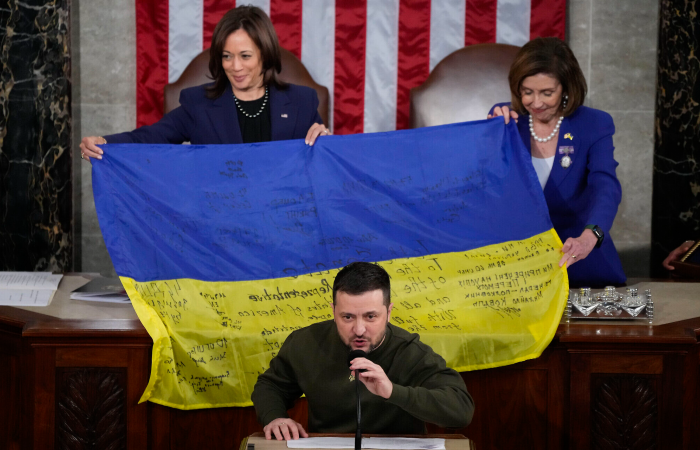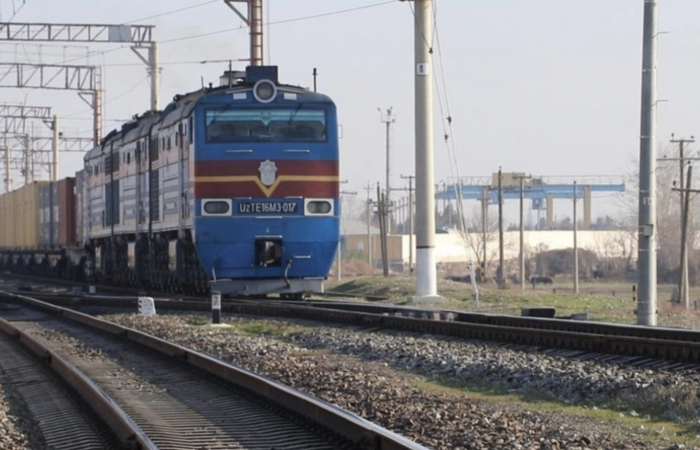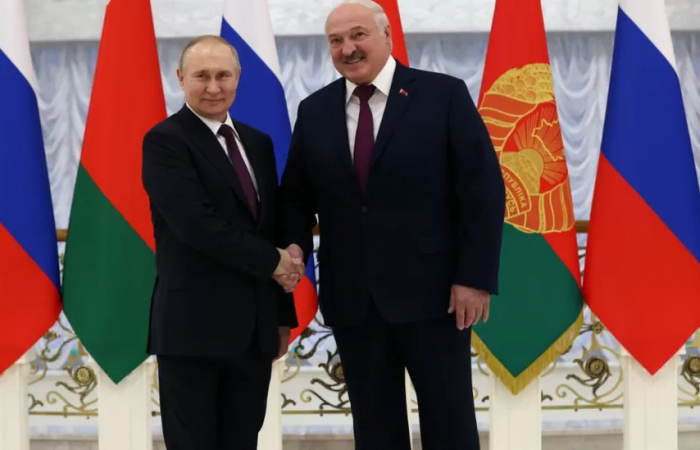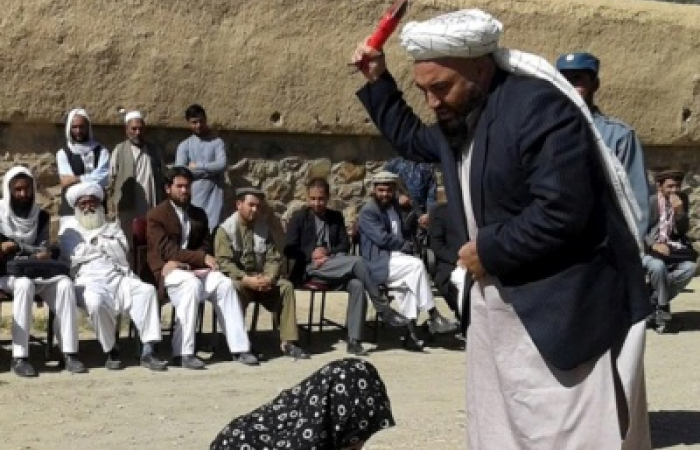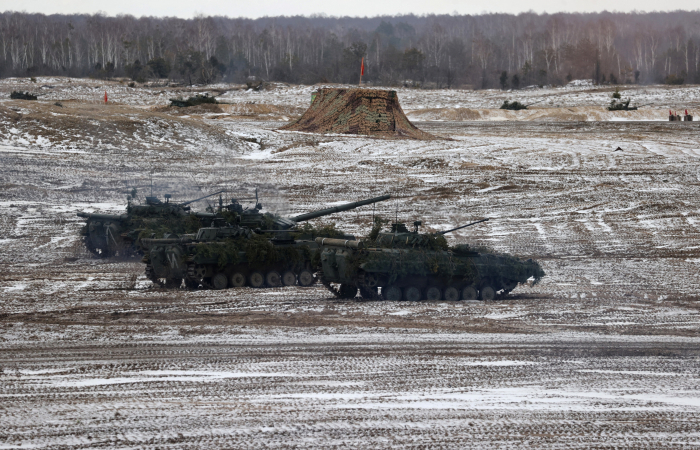Trending
Opinion: Azerbaijan is intensively engaged in new projects that aim to contribute to energy security, especially in Eastern Europe
26 December 2022
Over the last month, the diplomatic traffic between Azerbaijan and the Eastern European countries has intensified in a remarkable way. The mutual high-level visits between Albania and Azerbaijan, as well as between Serbia and Azerbaijan in a short period of time over the last few months were a sign of the sides’ interest in bilateral cooperation in various fields, particularly in the field of energy. Azerbaijan is also involved in projects with the countries of the region within multilateral formats together with the European Union (EU). In this context, two major agreements signed this year provide a good basis for this cooperation both in the imports of natural gas and importantly green energy, writes Vasif Huseynov in this op-ed for commonspace.eu. These developments in the relations between Azerbaijan and the Eastern European countries brings with it also geopolitical approximation between the sides. As President Aliyev stated following the signing of the electricity deal in Bucharest, Azerbaijan’s contribution to European energy security creates an important bridge between the EU and Azerbaijan. The bridge between the two shores of the Black Sea forms a larger security architecture which increase the resilience of the regional countries in the face of national security challenges they face.





